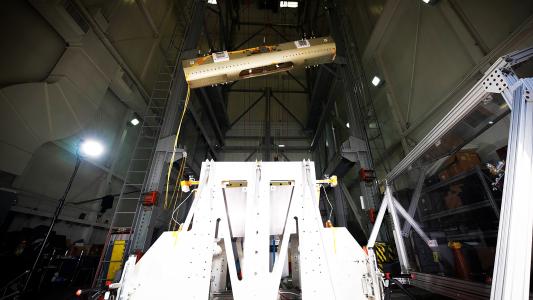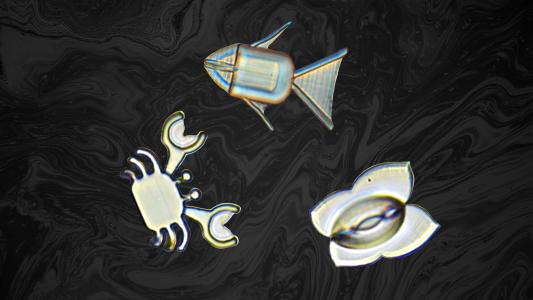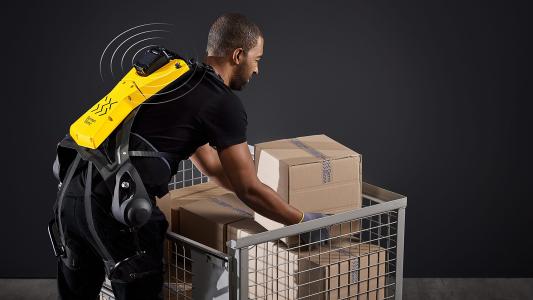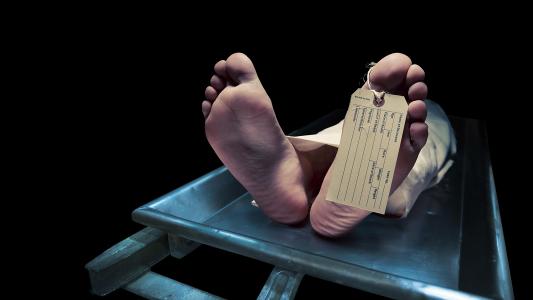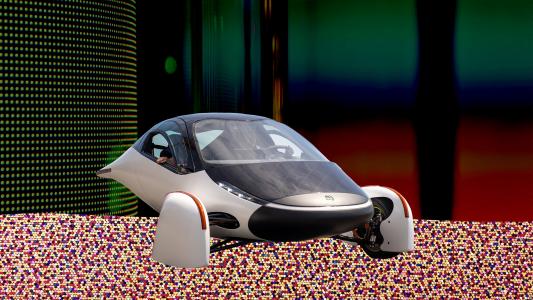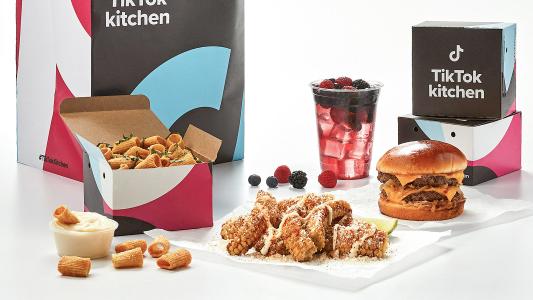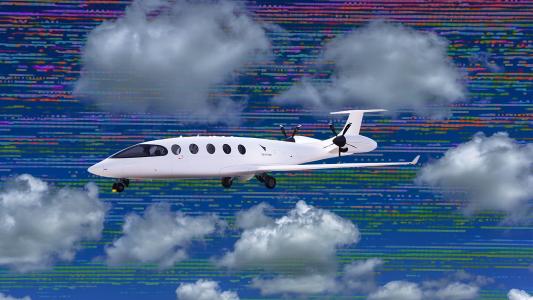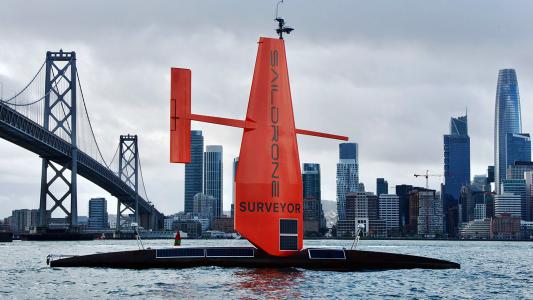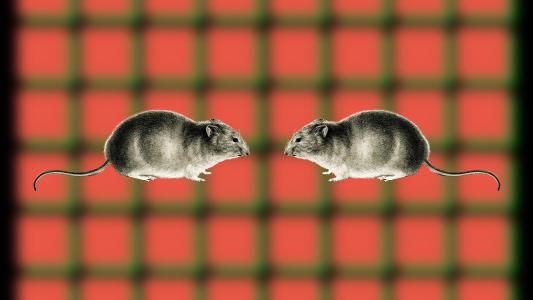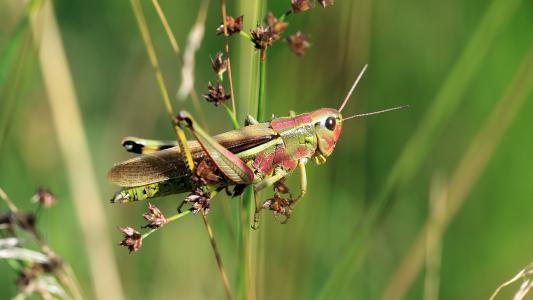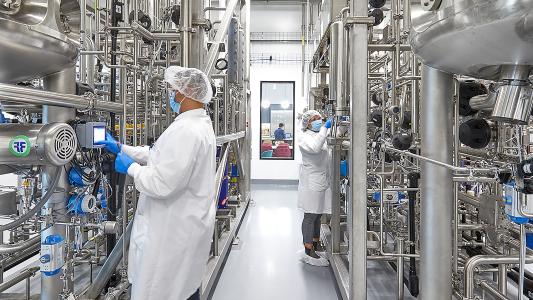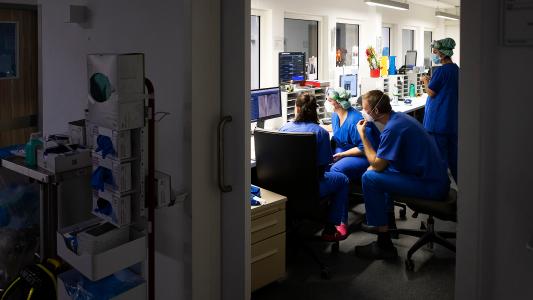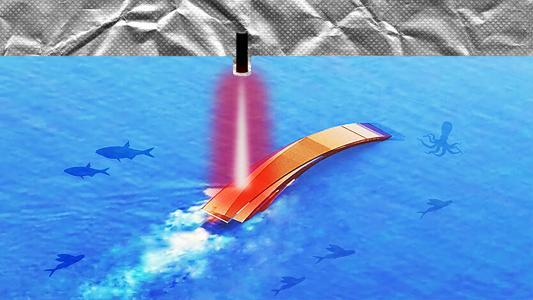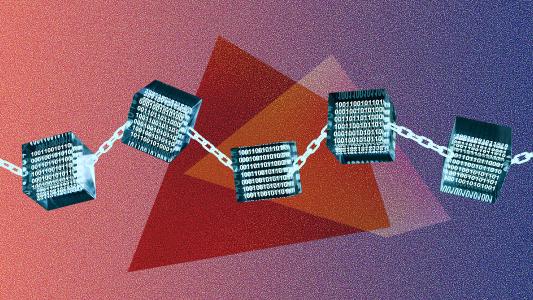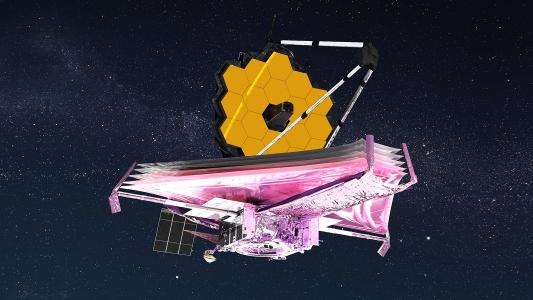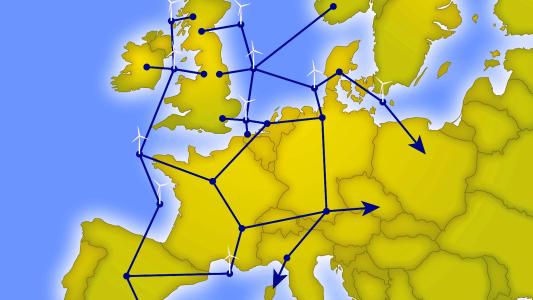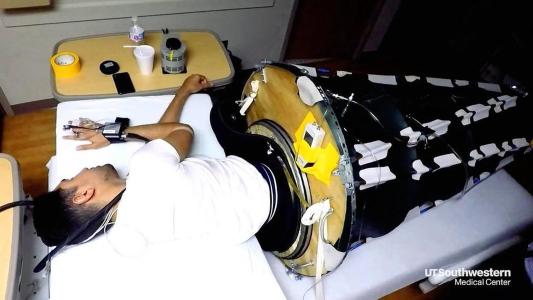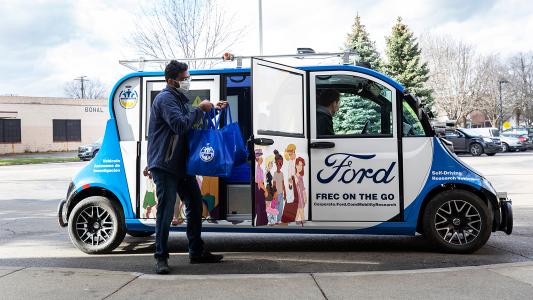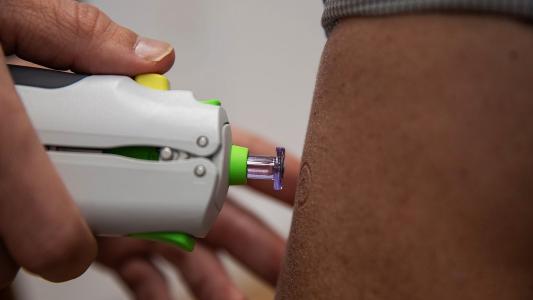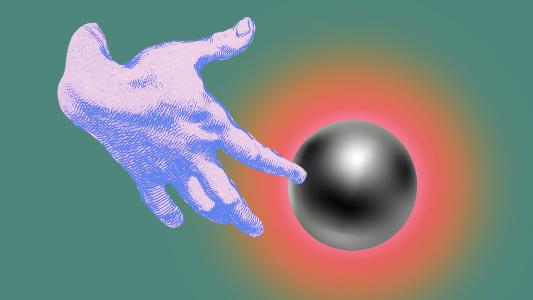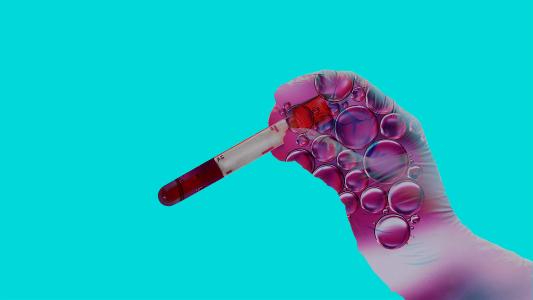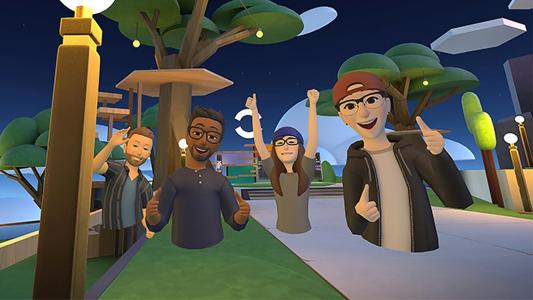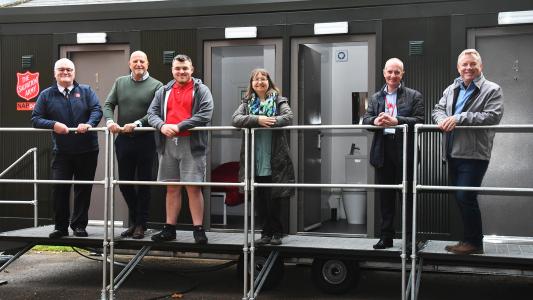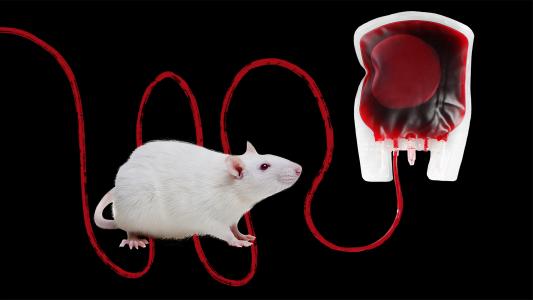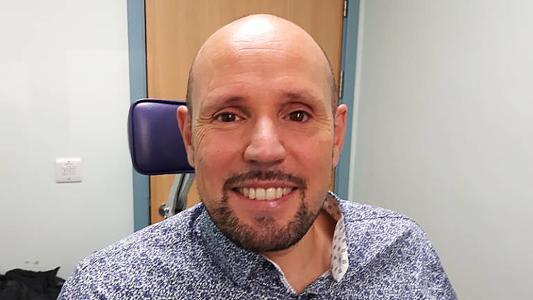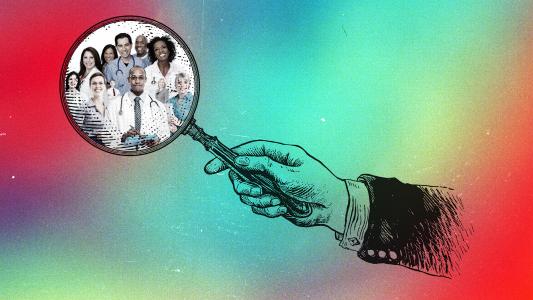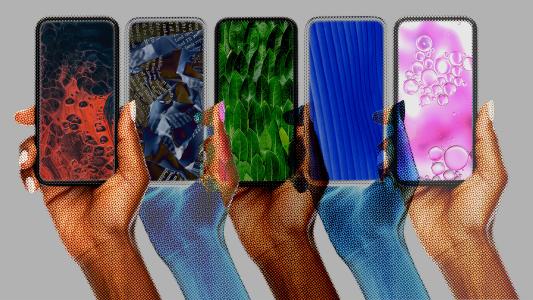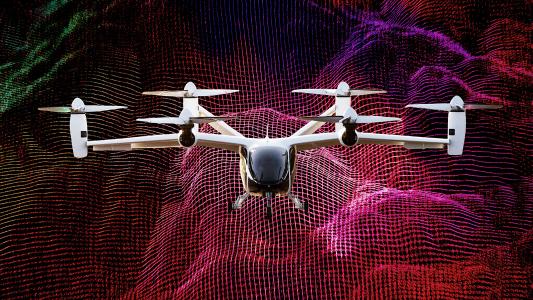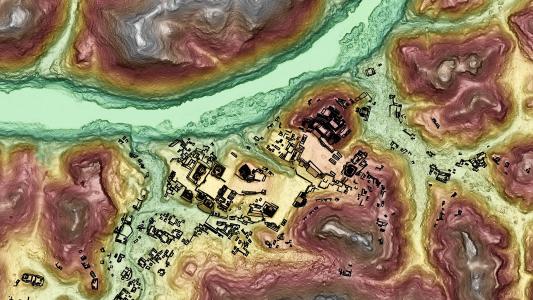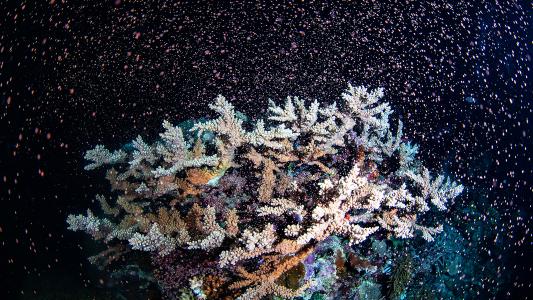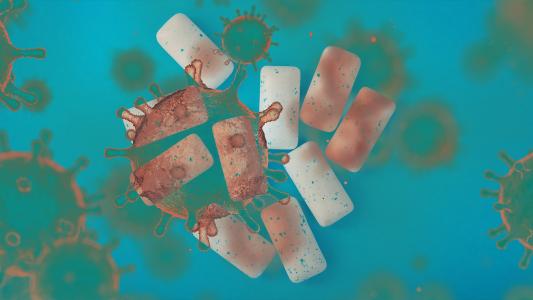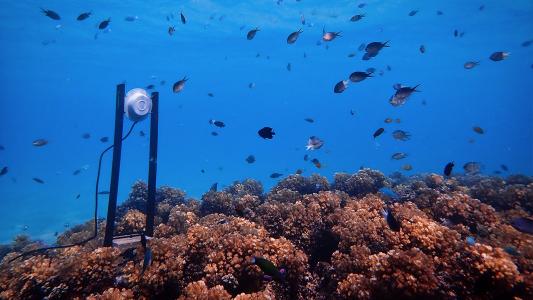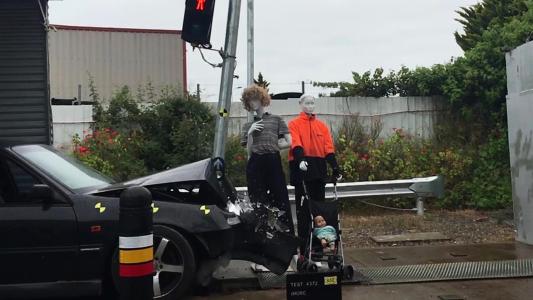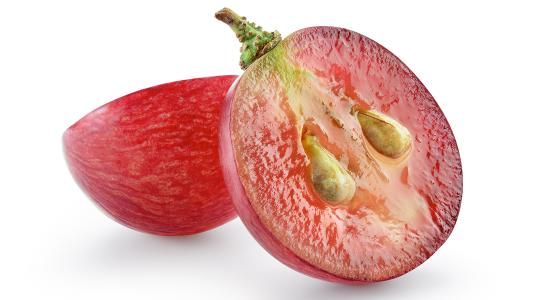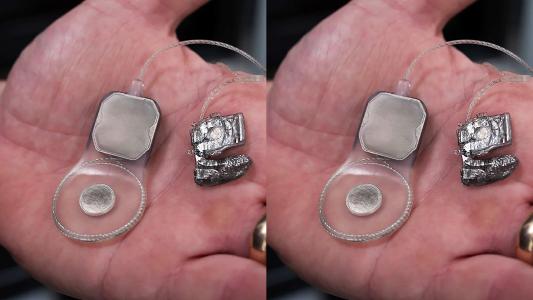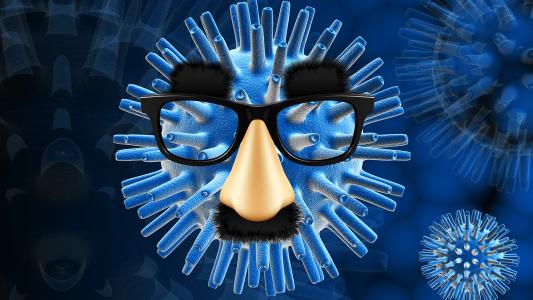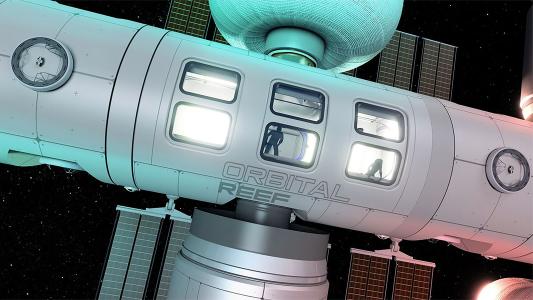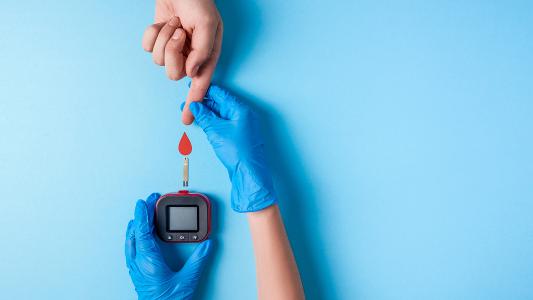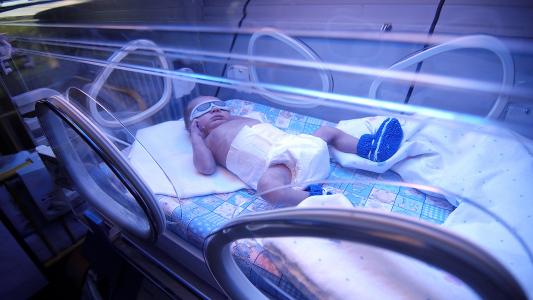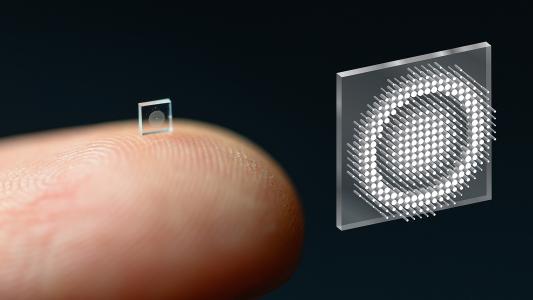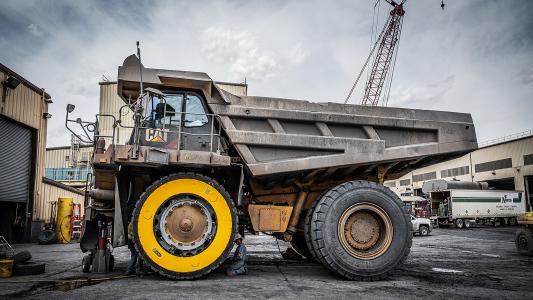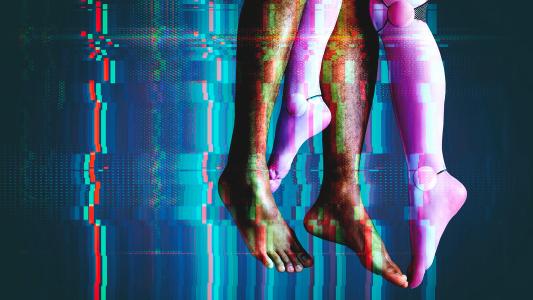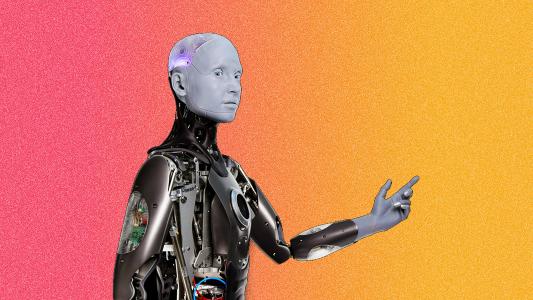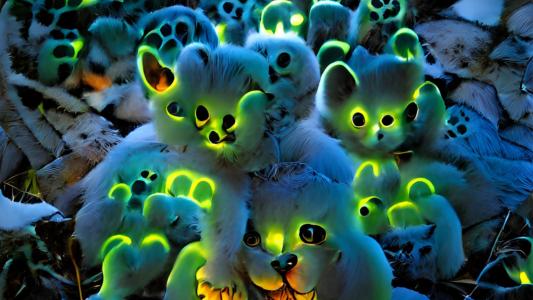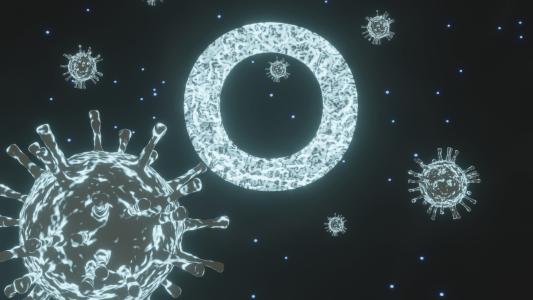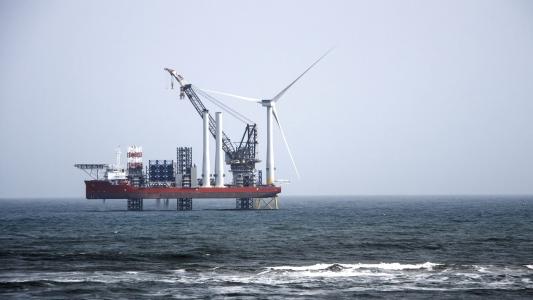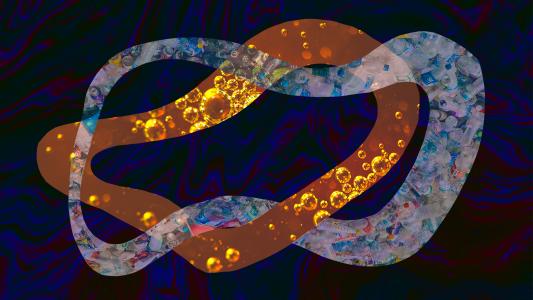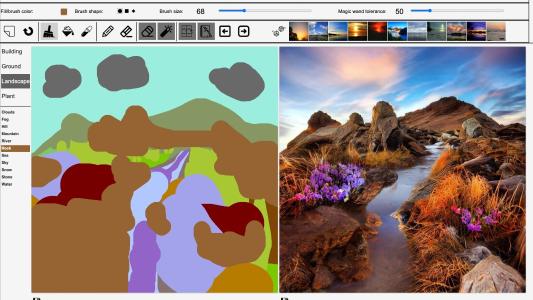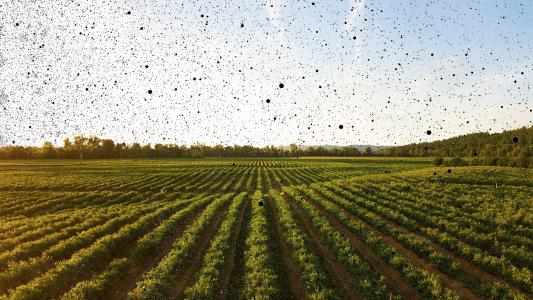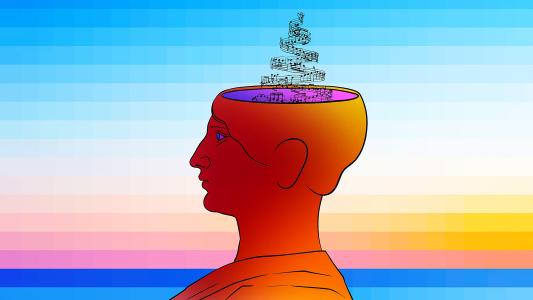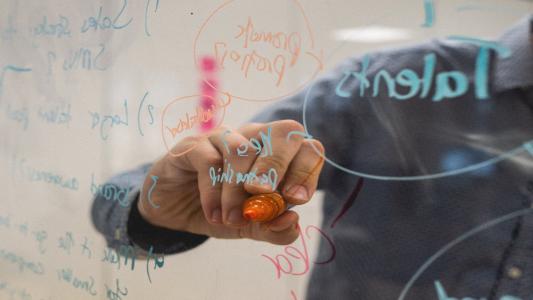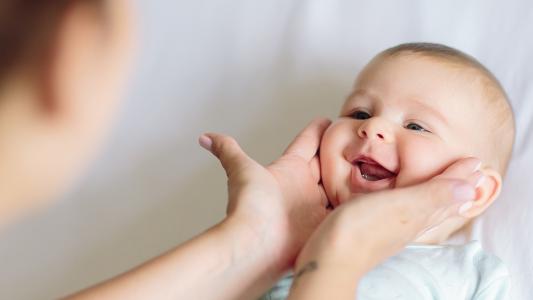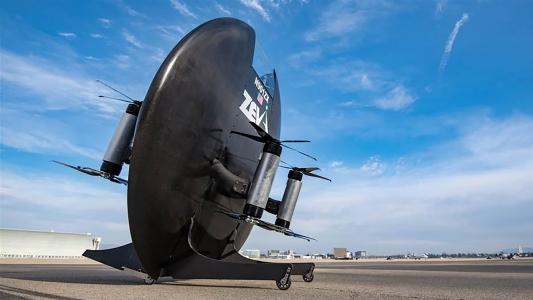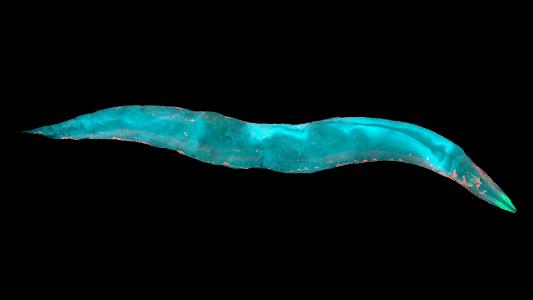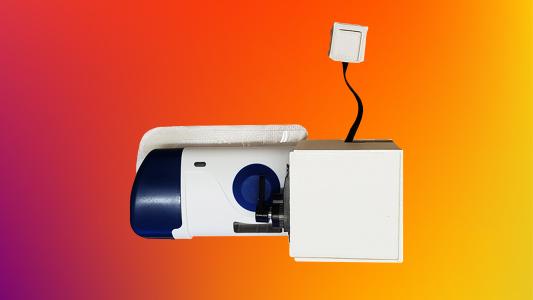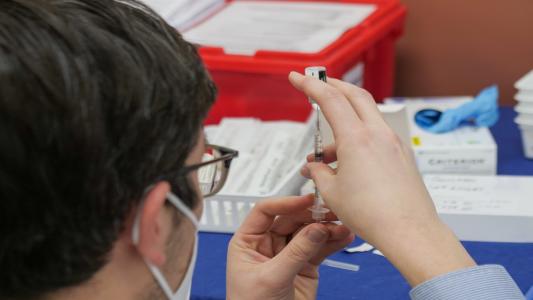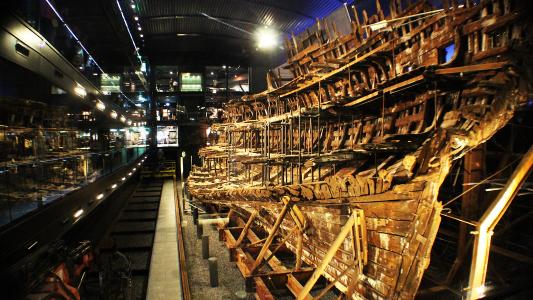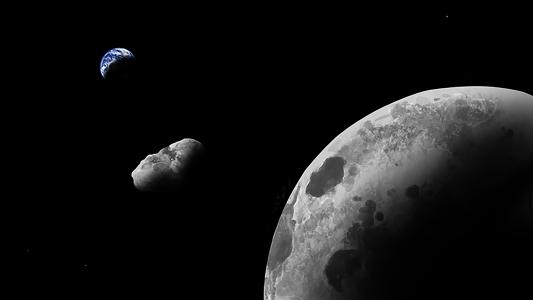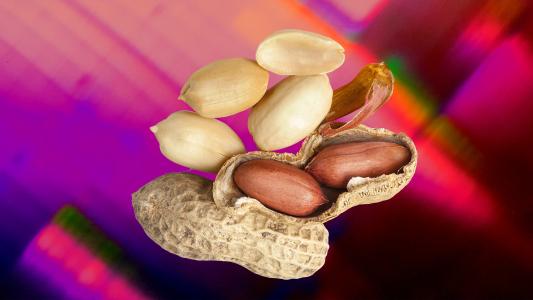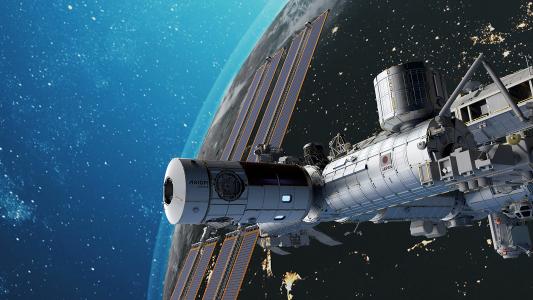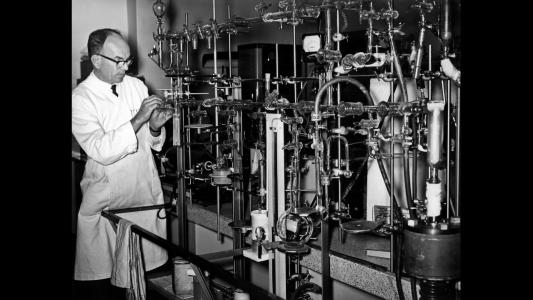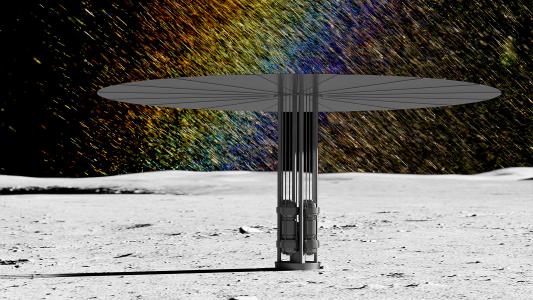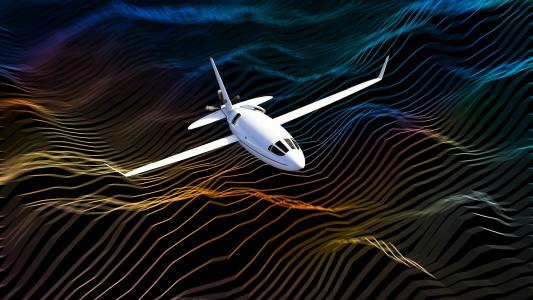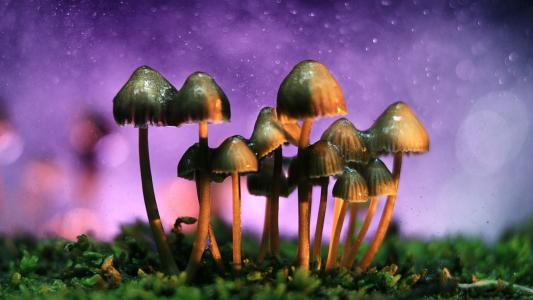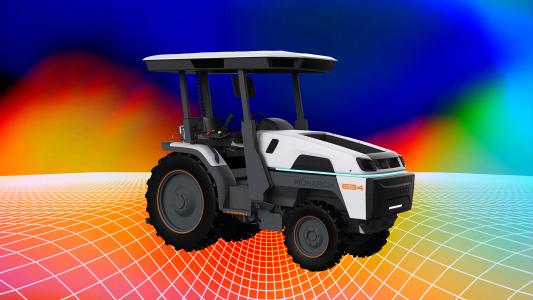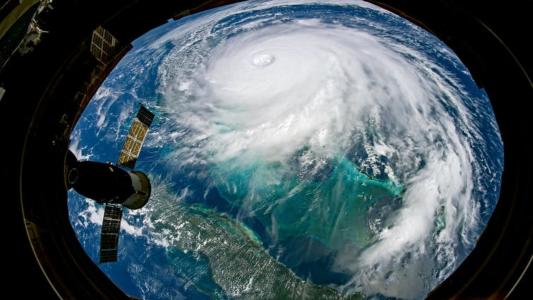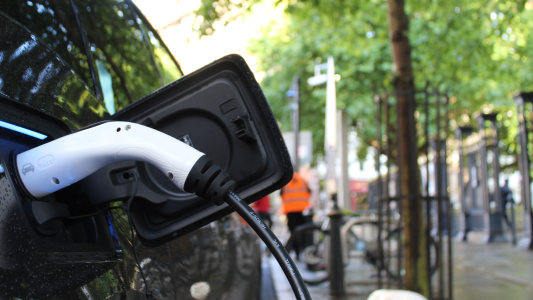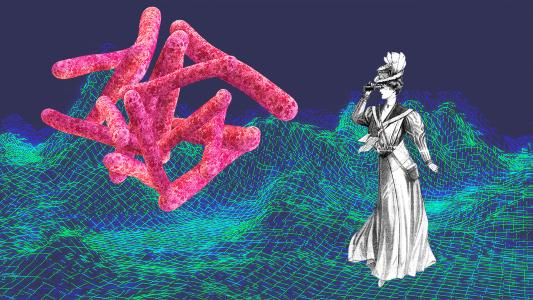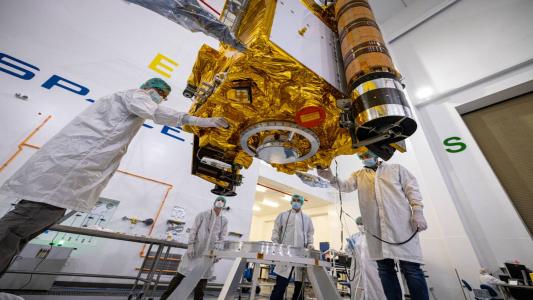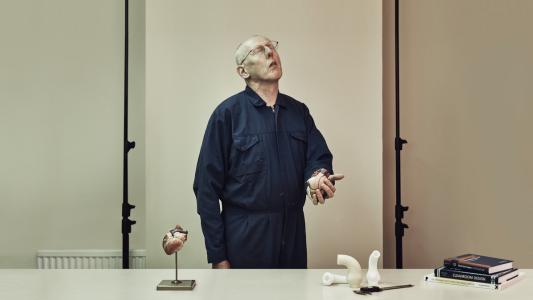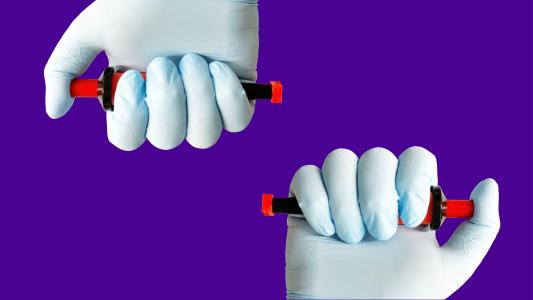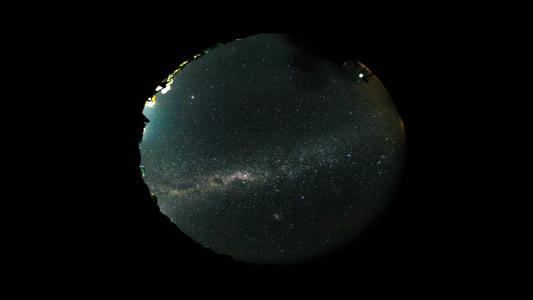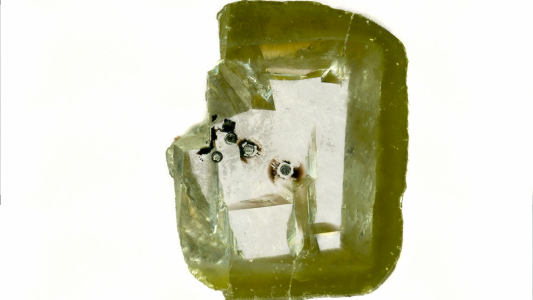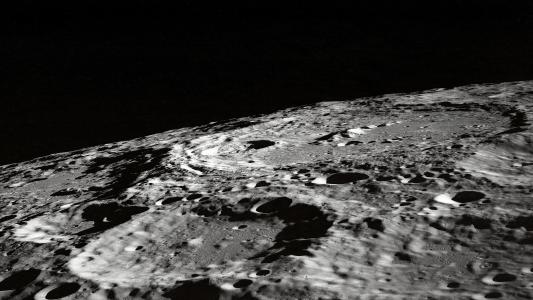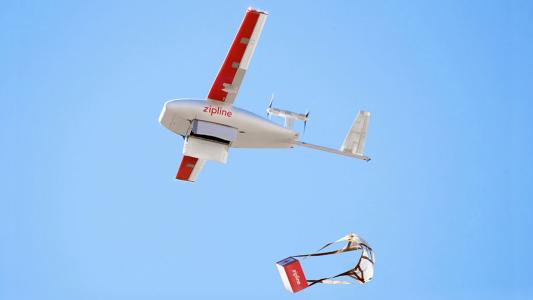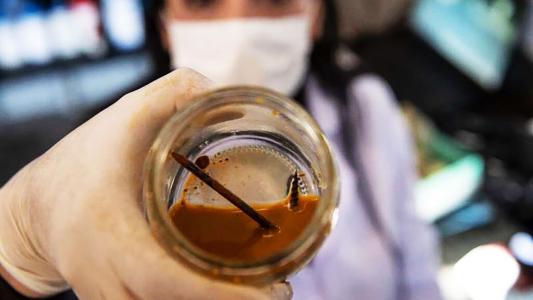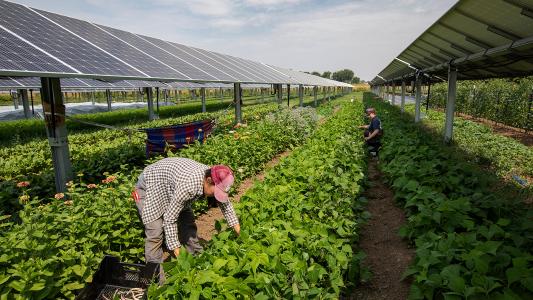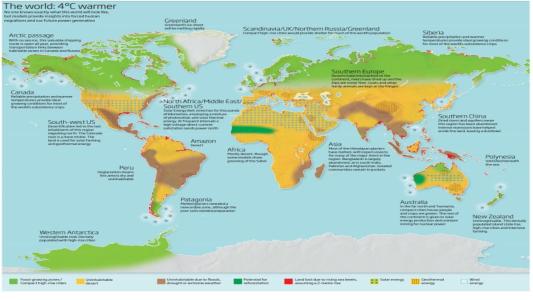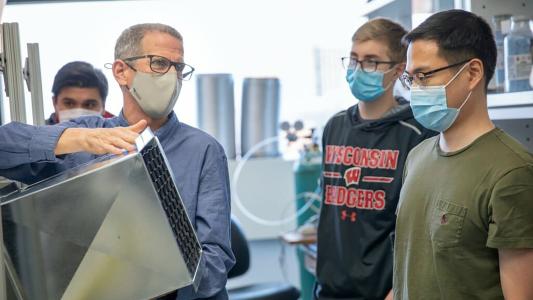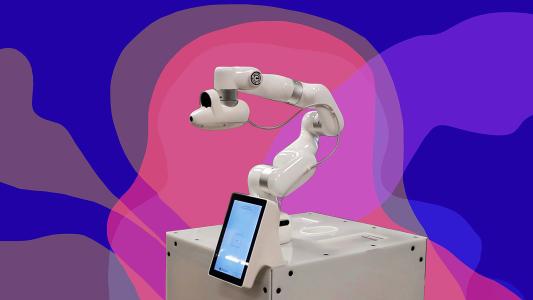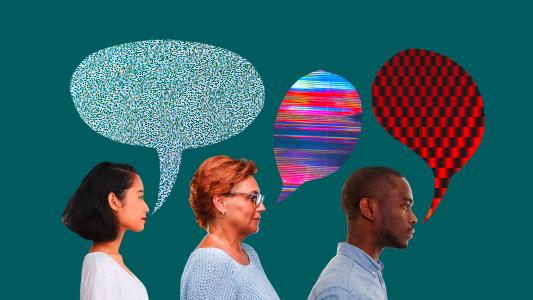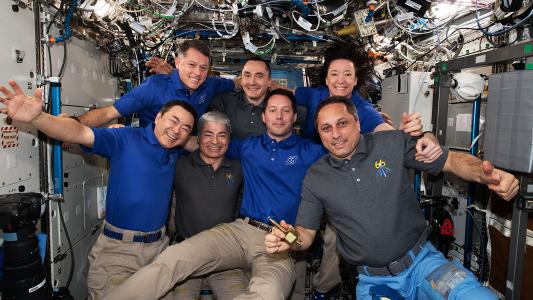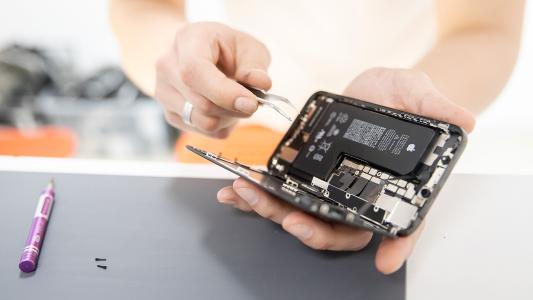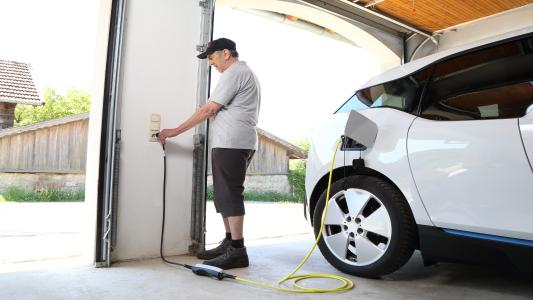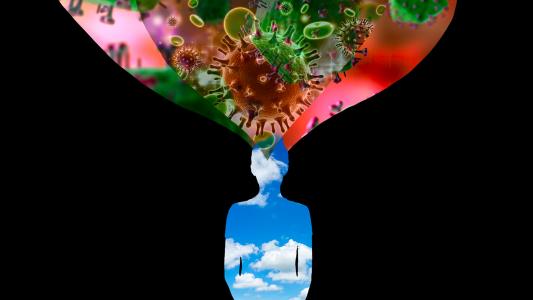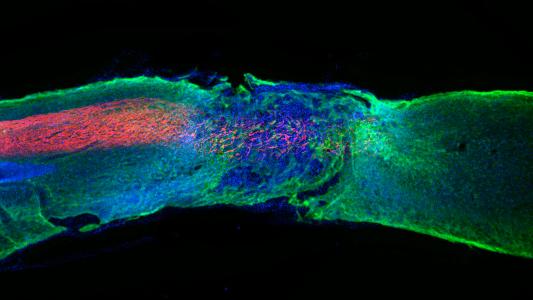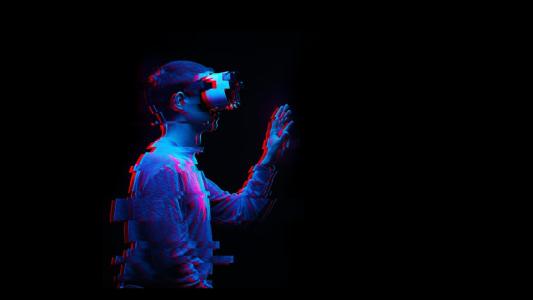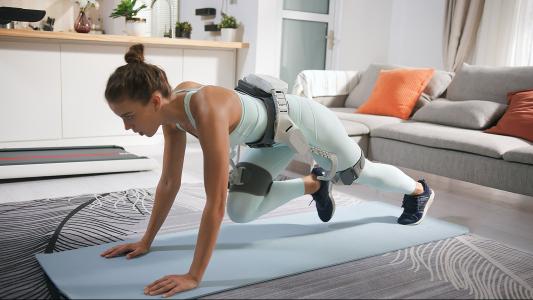NASA tosses rockets to prepare for Mars sample return
NASA is developing a system for the Mars Sample Return mission that tosses a rocket into the air just prior to ignition on Mars.
Microbots in your blood could help destroy cancer
Shape-shifting, magnetic microbots could become assassins for cancer — destroying tumors without the usual collateral damage on the rest of the body.
These robotic suits supercharge human workers
This new wearable robotic suit from German Bionic, can boost human strength, and it is powered by artificial intelligence
World-class choir performs advent carols in VR
The Church of England is releasing performances of advent carols in virtual reality to bring Christmastime to social-distancing parishioners.
Dead bodies keep moving for more than a year after death, study finds
Australian scientists found that bodies kept moving for 17 months after being pronounced dead.
Solar powered cars could soon hit the streets — but can they be efficient enough to go mainstream?
If they work, solar-powered cars could be great for the environment. Here's the startups working to make that happen.
Viral TikTok recipes fill the menu at virtual restaurants
The new virtual restaurant TikTok Kitchen will feature menu items inspired by viral TikTok recipes, including baked feta pasta.
This startup is ready to make electric flight a reality
After years of preparation, Washington-based startup Eviation is ready to lead the charge to electric flight.
Floating drones mine carbon data in the Gulf Stream
Saildrone has deployed three vessels into the Gulf Stream this winter to collect data on carbon uptake.
Gene editing could spare countless animals by creating single-sex litters
Scientists have created single-sex litters of mice using gene editing. This work could spare countless animals from needless death, improving animal wellbeing in both scientific research and agriculture.
Citizen keepers are raising threatened grasshoppers
The large marsh grasshopper risks extinction. But volunteer citizen keepers are raising the insect for rewilding to newly restored wetlands.
Inside the world’s most advanced cultivated meat facility
UPSIDE Foods (formerly Memphis Meats) is offering consumers tours of “the world’s most advanced cultivated meat production facility.”
Frontline healthcare workers are going to receive psilocybin therapy
University of Washington researchers are enrolling healthcare workers now in a psilocybin-assisted therapy study.
Sun-powered soft robot could mop up the seas
Inspired by steam engines and water-walking insects, this soft robot may one day mop up oil spills at sea.
Water on Mars found hidden in massive canyon
Scientists have discovered a huge store of hidden water on Mars, and it’s just below the surface of the Valles Marineris canyon system.
Can we get blockchains to talk to each other?
Blockchains do more than crypto; logistics, contracts, and more use the tech. But there’s a problem: blockchain communication is still difficult.
The Hubble Space Telescope is dying. Here’s what’s next.
With Hubble living on borrowed time, NASA and its partners prepare to launch the satellite's successor: the James Webb Space Telescope.
These supergrids are uniting the world’s clean energy supplies
Europe is creating a supergrid across regions, countries, and oceans to smooth out the fluctuations in energy suppliers — and hopefully build more resilient power systems.
Clever sleeping bag design might save astronauts’ eyesight
A sleeping bag designed for use in microgravity could protect astronauts’ vision by pulling eyeball-deforming fluids away from their brains.
Autonomous Ford delivers produce, milk to food insecure seniors
An autonomous shuttle developed by Ford delivers fresh produce and milk to food insecure seniors in Detroit as part of a new pilot program.
Needle-free COVID-19 vaccine is in human trials
A needle-free COVID-19 vaccine now in human trials could protect us against both this disease and future coronavirus outbreaks.
Edison and Dali’s “creative nap” trick seems to actually work
Briefly entering the hypnagogic state appears to boost creative thinking, just like Thomas Edison and Salvador Dalí said it would.
Blood and stool samples from 1980s link HIV to gut microbiome
A person’s chances of getting HIV appears to be influenced by the gut microbiome, suggesting it might help us prevent the disease.
Paris to make the Seine River swimmable for the Olympics
Paris’ plan to make its iconic Seine River swimmable for the 2024 Summer Olympics could help other cities clean up their own waterways.
We can now explore Meta’s first virtual world
Meta (formerly Facebook) has opened up access to Horizon Worlds, its virtual world for the metaverse, to all adults in the U.S. and Canada.
UK trials “NAPpads” to help rough sleepers survive the winter
A pilot project to combat homelessness could help rough sleepers not only survive this winter, but maybe even get off the streets for good.
Why do “young blood” transfusions help aging mice?
Young blood transfusions may combat signs of aging in older mice by increasing the production of a specific protein: Klotho.
UK man receives world’s first 3D-printed prosthetic eye
U.K. researchers have developed a 3D-printed prosthetic eye that’s more realistic and easier to produce than traditional ones.
Google rolls out new tools to help your doctor search
Google has debuted new ways to make your doctor search easier, allowing you to know what insurance they take and languages they speak.
This app offers alternatives to 911 in all 50 states
There are instances when 911 may not be the best number to call. Subdial, a free app, offers local and national alternatives to 911.
Paris Olympics will ignite the future of electric flying taxis
France will soon begin testing electric air taxis at a hub outside of Paris, with plans to have dedicated flying taxi routes ready in time for the Olympic Games.
The world’s first indoor saltwater farm
But Sam Norton, founder of Heron Farms, is using the world's most abundant resource — seawater — to grow sea beans.
Did drought end the ancient Maya kingdoms?
Airborne laser scans have revealed thousands of new Maya structures, as well as evidence that may change how we think their kingdoms fell.
Magical coral spawning event gives reefs renewed hope
The Great Barrier Reef just had its annual coral spawning event. Scientists say this year’s event is proof that the reef can recover.
This chewing gum traps the coronavirus
A new chewing gum may help reduce the spread of COVID-19 by neutralizing the virus before it can leave an infected person’s mouth.
Underwater speakers draw fish to restore coral reefs
Reef restoration researchers found that fish were more inclined to settle near new reefs if they sounded like they were already thriving.
Falling traffic lights can kill. One tweak could save lives.
An impact-absorbing traffic light pole could save the lives of drivers and pedestrians, while also cutting repair and replacement costs.
A chemical in grape seeds extends lives of mice by 9%
A chemical in grape seeds extended the lives of old mice, made young ones healthier, and helped chemo drugs shrink tumors in a new study.
Experimental bionic eye is ready for human trials
An experimental bionic eye designed to help restore vision in people with retinal degeneration is ready for human trials.
How herpes hides
Herpesvirus hides in nerve cells, making it impossible to kill. Now, Northwestern researchers believe they have found the novel key to this nasty trick.
What comes after the ISS?
NASA is investing more than $400 million to help private companies develop space stations that could one day replace the ISS.
First person cured of type 1 diabetes thanks to stem cells
An experimental stem cell treatment has eliminated type 1 diabetes in a patient, giving experts guarded hope for a diabetes cure.
A simple webcam can automatically catch — and treat — infant jaundice
Researchers in Australia and Iraq have developed a system that uses a webcam to catch infant jaundice and begin treatment right away.
New salt-grain sized micro camera takes images on par with a full size camera’s
Researchers have created a salt-grain sized micro camera capable of taking images almost on par with a regular camera.
Goodbye, rubber. These new steel tires last a lifetime.
An Arizona-based startup called Global Air Cylinder Wheels (GACW) invented a steel tire that eliminates the need for polluting rubber tires.
What’s so wrong about sexbots?
These sexbots remember that you are 32 years old, and you like sushi, except on Thursdays — and they can teach us a lot about coexisting with AI.
Humanoid robots are waking up — and they look eerily real
Engineered Arts, a robotics firm located in the United Kingdom, released a video showing a humanoid robot that looks exceptionally lifelike.
AI artist Botto has made its first million
AI artist Botto, which hones its taste via a human community, has made a splash in the art market, going from NFTs to Miami.
Is Omicron the COVID variant we have been waiting for?
There is no rule that will force Omicron or another COVID variant to become less deadly over time, but there is reason for hope.
Luminescent materials could cool our cities and light the streets
Luminescent materials could be used to cool our cities, and simultaneously cut down on electricity.
There's a ton of wind power in the deep sea. Let's go get it.
The most powerful winds can be found over the deep, open ocean. Floating wind turbines could tap into this and 100x our wind energy.
New tech “upcycles” junk plastic, reducing its carbon footprint
A chemicals and aircraft parts manufacturer has created a new method for converting low-grade plastic waste into oil, which they can turn into high-quality plastic.
Rock dust can turn farmland into a sponge for greenhouse gases
Spreading rock dust over large areas of farmland could cause the soil to absorb considerably more carbon from the air, while improving crop yields — a process called mineral weathering.
How music can rewire the brain after an injury
MedRhythms, an experimental digital therapy combines sensors and music to help people with Parkinson's disease walk.
How should we measure innovation?
Researchers have come up with a new method for measuring the impact of an innovation.
VR shows parents what will happen in their baby’s surgery
A U.K. hospital is using VR to help parents see the potential impact skull-reshaping surgery could have on their baby’s appearance.
Is this one-seat flying saucer the future of flight?
Startup ZEVA Aero’s vision for the future of eVTOLs is a one-person flying saucer-shaped vehicle that travels 160 miles per hour.
AI can translate normal written text to code
Codex, from OpenAI, can turn normal, conversational commands into programming, taking text to code.
Genetically modified worms sniff out cancer in urine
Genetically modified worms that react to the scent of cancer in urine could one day be used for routine pancreatic cancer screening.
This device can automatically detect and reverse opioid overdoses
Researchers at the University of Washington have developed an AI-powered wearable to detect, and reverse via naloxone injection, opioid overdoses.
The science behind “anti-aging” diets
A recent study reviewed the efficacy of popular diets that claim to have anti-aging benefits.
How the new coronavirus variant was found and what we know so far
Omicron is a new 'variant of concern' but there's still so much about it that we don't know.
X-rays may save Henry VIII’s resurrected warship, the last of its kind
Henry VIII’s favorite warship survived centuries under the sea. New x-ray scanning technology will hopefully help preserve the Mary Rose for centuries more.
This near-Earth asteroid may be a chunk knocked off of the moon
A near-Earth asteroid discovered in 2016 may have once been part of the moon — making it unlike any space rock we’ve ever discovered.
A patch to treat peanut allergies appears safe to wear for years
A peanut allergy can be debilitating at best, and life threatening at worst. A new possible treatment looks to be safe to wear for at least three years.
First commercial mission to the ISS prepares for launch
Private astronauts will have a chance to conduct microgravity research on the International Space Station during Axiom Space’s Ax-1 mission.
7 scientists we are thankful for this Thanksgiving
One of these scientists saved more lives than any other person in history.
NASA plans to put a nuclear reactor on the moon by 2031
NASA and the Department of Energy are asking U.S. companies for help putting a nuclear reactor on the moon by 2031.
Bullet-shaped plane promises to slash air travel costs
Otto Aviation has finished phase 1 flight testing of its Celera 500L, a highly efficient airplane that could cut the cost of air travel.
Psychedelics can change how you think about the universe
A new study finds that a single trip on a psychedelic can cause lasting changes in a person's metaphysical beliefs.
Self-driving electric tractor startup to boost production eight-fold
California startup Monarch Tractor has raised $61 million to increase production of its self-driving electric tractor.
The science of climate change in 6 charts
Here's what the science says about climate change — and a few reasons to be optimistic.
Will battery recycling be ready when all these new EV batteries die?
The growing usage of lithium-ion batteries, particularly in vehicles, is outpacing the technology to recycle them. But researchers and innovators are scrambling to find an effective and eco-friendly battery recycling technique.
Tuberculosis may spread through aerosols, without coughing
University of Cape Town researchers believe tuberculosis may spread in small aerosols, much like COVID-19.
Can CRISPR keep the beer flowing?
Researchers are turning to CRISPR to create barley better able to remain dormant in climate change — while being still ready to make beer.
NASA’s DART mission will move an asteroid (Updated)
If a giant asteroid were to slam into Earth, well, we’d be in trouble. That’s why NASA is launching DART, the world’s first planetary defense mission.
This engineer fixed his own heart
When Tal Golesworthy was told he was at risk of his aorta bursting, he wasn’t impressed with the surgery on offer – so he came up with his own idea.
How a BBQ lighter can make DNA vaccines more powerful
Georgia Tech researchers turned a BBQ lighter into a delivery system that uses electricity to boost the potency of DNA vaccines.
How a powerful telescope found a tiny black hole
Astronomers just discovered a black hole of a mass comparable to the Sun.It is small and not so far away, which opens the window to new discoveries.
Scientists discover a new mineral from the depths of the Earth
Scientists have discovered a new mineral that has never been seen before. The unearthed mineral was trapped inside the diamond.
94% of the universe’s galaxies are permanently beyond our reach
Today, most of the universe's galaxies are already receding faster than the speed of light.
The Moon has enough oxygen to sustain 8 billion people for 100,000 years
A Belgium startup expects to send their technology to the Moon by 2025 to improve the process of making oxygen via electrolysis.
See the surface of the sun evolve in stunning time lapse
A stunning time lapse of the surface of the sun created using NASA images shows the activity that occurs over the course of just one month.
Delivery drones are now dropping off packages for Walmart
Walmart is now using Zipline delivery drones to get products to customers in Arkansas, previewing the future of on-demand delivery.
Metal-eating bacteria could clean up dirty mining sites
A unique metal-chomping microorganism ate through a nail in just three days. Now they might be tasked with an enormous mission: cleaning up mining waste.
The “great resignation” is a trend that began before the pandemic – and it may be the new normal
The current resignation behavior may seem like a new trend, data shows employee turnover has been rising steadily for the past decade.
Traditional colleges are recognizing Google career certificates
Google career certificates are now being accepted for college credit at some universities, helping students obtain degrees more cheaply.
Agrivoltaics let farmland serve double duty
Agrivoltaics combines farming with renewable energy, using the shade of solar panels to help plants thrive in a changing climate.
Here’s what the world will look like 4°C warmer
This map, which shows some of the effects a 4°C rise in average temperature could have on the planet.
Students get $5 million from Elon Musk for carbon-removal ideas
An Elon Musk-funded XPrize competition has given teams of students $5 million to develop ideas for carbon removal systems.
Vaccine robot administers doses without needles or human help
Canadian startup Cobioni has built a vaccine robot that can deliver a dose into a patient’s arm without a needle or any human help.
Startup breaks through “accent barrier” with real-time translator
Three Stanford students have launched Sanas, a startup developing the world’s first real-time speech accent translator.
Russian satellite strike creates huge cloud of space debris
A Russian anti-satellite weapons test threatened the safety of ISS astronauts by adding more space debris to Earth’s orbit.
Apple finally agrees you have a right to repair its tech
In a reversal of its previous stance on the right to repair, Apple is now giving customers access to parts and tools for DIY repairs.
Electric cars could one day power your house – here’s how to make it happen
Electric cars could power millions of households by plugging their battery power back into the grid instead of being stored.
Second patient clears own body of HIV, hinting cure is possible
Two “elite controllers” that no longer have any replicable HIV virus in their bodies may hold the key to a cure for HIV.
“Dancing” molecules repair spinal cord injuries in paralyzed mice
A treatment for spinal cord injuries was able to reverse paralysis in mice by “dancing” to connect with cells near the site of the injury.
Immersive technology will revolutionize our daily life
Extended reality technologies are quickly becoming better and cheaper, suggesting they may soon become part of daily life.
Powered exoskeletons may be the ultimate fitness machines
Enhanced Robotics is selling a powered exoskeleton to help people achieve their fitness goals, and it doesn’t cost thousands of dollars.
